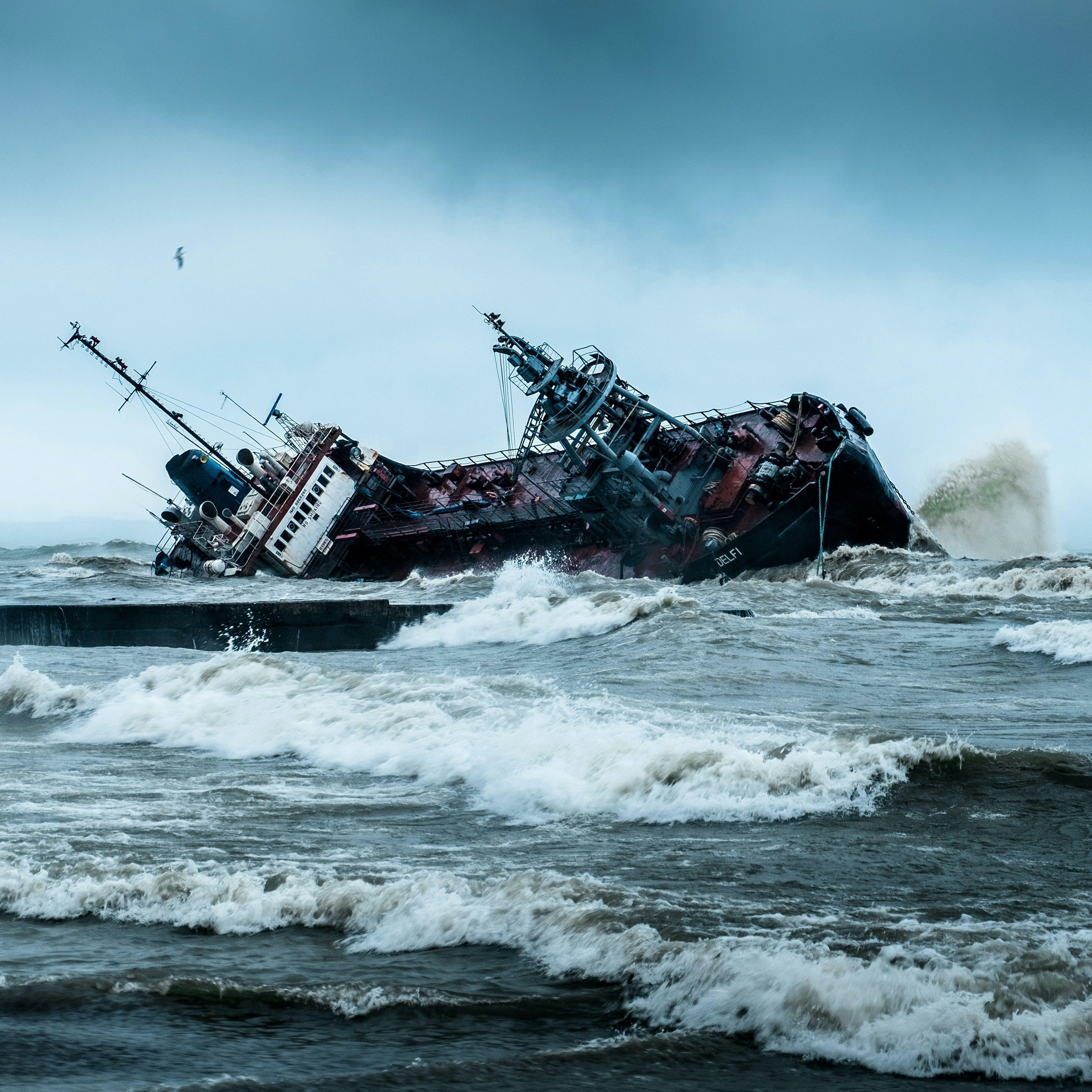Understanding Legal Preparedness for Hurricanes
When hurricane season approaches, many focus on physical preparations such as securing their homes and stocking up on supplies. However, equally important are the legal considerations for hurricane preparedness and recovery. Understanding these aspects can make a significant difference in how effectively individuals and businesses navigate the aftermath of such events.
Importance of Documentation and Insurance
One of the primary legal considerations is ensuring that all necessary documentation is up-to-date and accessible. This includes insurance policies, property deeds, and any relevant contracts. In the aftermath of a hurricane, having this information readily available can expedite claims and repairs.
Insurance is a critical component of hurricane preparedness. Property owners should review their policies to ensure they cover hurricane-related damage. Special attention should be paid to flood insurance, as many standard policies do not cover flooding, despite its common occurrence during hurricanes. The FEMA website provides detailed information on obtaining flood insurance.
Legal Obligations for Businesses
Businesses face unique legal challenges during hurricane season. Employers have a duty to ensure the safety of their employees. This includes developing and communicating a comprehensive disaster plan. Businesses should consult legal experts to ensure compliance with safety regulations and employment laws during emergencies. Our emergency equipment safety courses can help businesses understand and implement these requirements effectively.
Community Obligations and Land Use Regulations
Local governments have a responsibility to enforce land use regulations designed to minimize hurricane damage. Building codes are often updated to incorporate lessons learned from past hurricanes, aiming to increase resilience. Property owners must comply with these codes to not only enhance safety but also avoid potential legal repercussions.
For those living in hurricane-prone areas, community obligations often include maintaining proper drainage and avoiding construction in flood zones. These measures, enforced through local regulations, help reduce the impact of hurricanes on the community.
Post-Hurricane Legal Considerations
After a hurricane, numerous legal considerations arise, particularly around contracts and employment. Understanding rights and responsibilities in contract terms, such as force majeure clauses, can provide clarity in business disputes that arise due to unavoidable disruptions. Individuals seeking to rebuild should also be wary of fraudulent contractors. It’s crucial to verify licenses and get everything in writing.
The legal landscape can be daunting after a disaster. Utilizing resources from organizations like the Department of Homeland Security and legal aid services can provide much-needed support and guidance.
Preparing for the Future
Looking ahead, proactive legal preparedness can mitigate the impact of future hurricanes. Engaging with local community planning initiatives, advocating for stricter building codes, and staying informed about potential legal changes can enhance readiness. Consider participating in our community resilience programs to stay ahead of emerging hurricane preparedness trends.
In conclusion, legal preparedness for hurricanes extends beyond securing physical assets. It encompasses understanding rights and responsibilities, complying with regulations, and having the necessary documentation. By addressing these legal aspects, individuals and businesses can better withstand and recover from the challenges that hurricanes present. For more information and resources, visit our HelpNow website.

